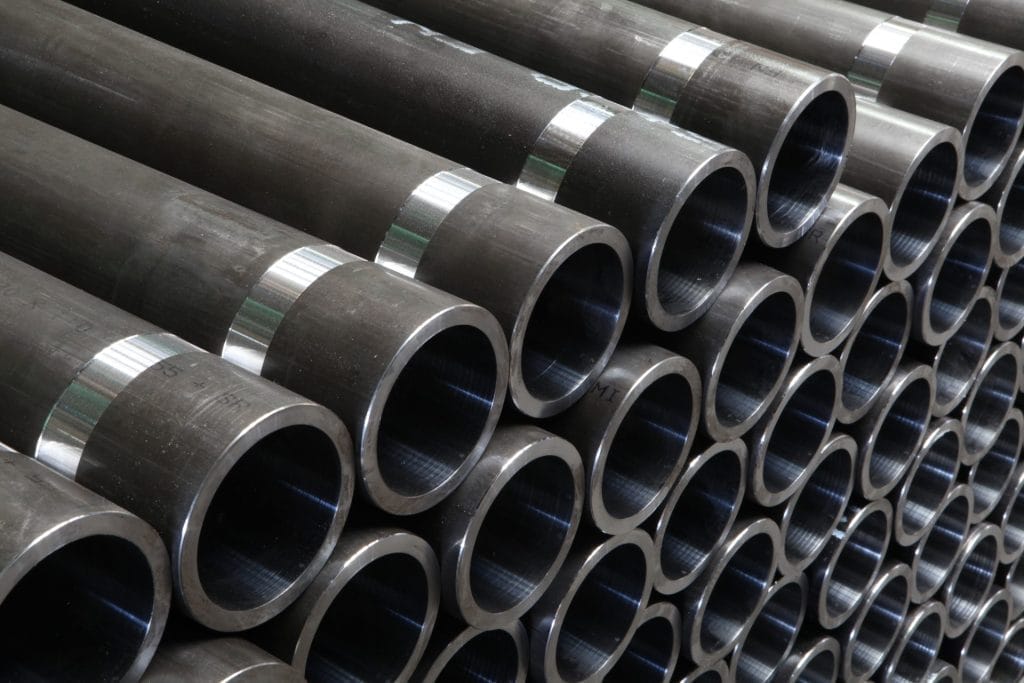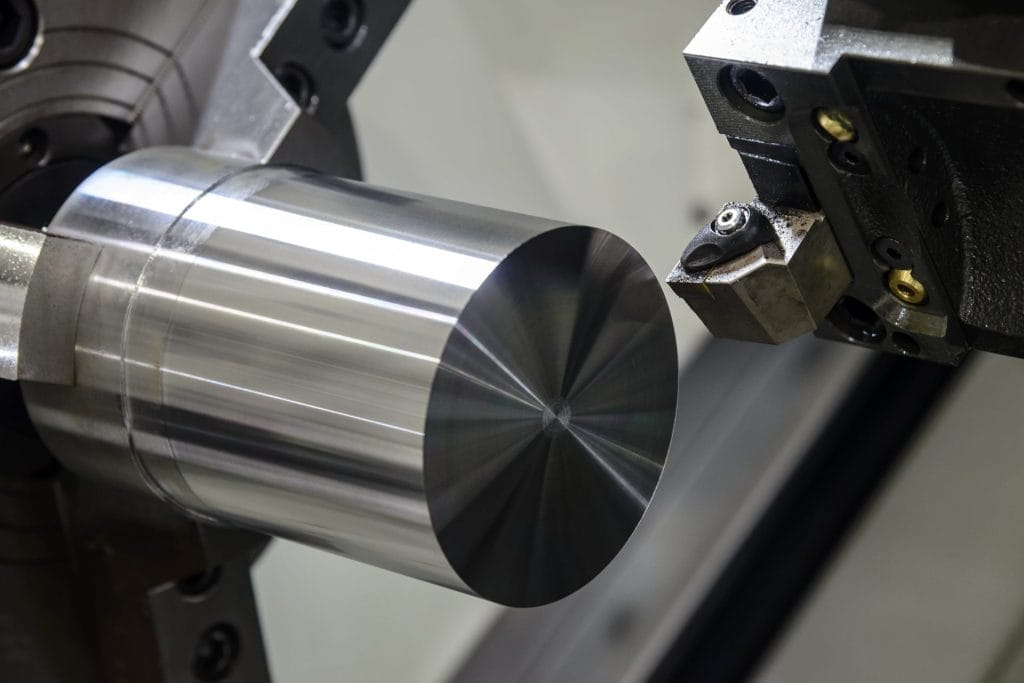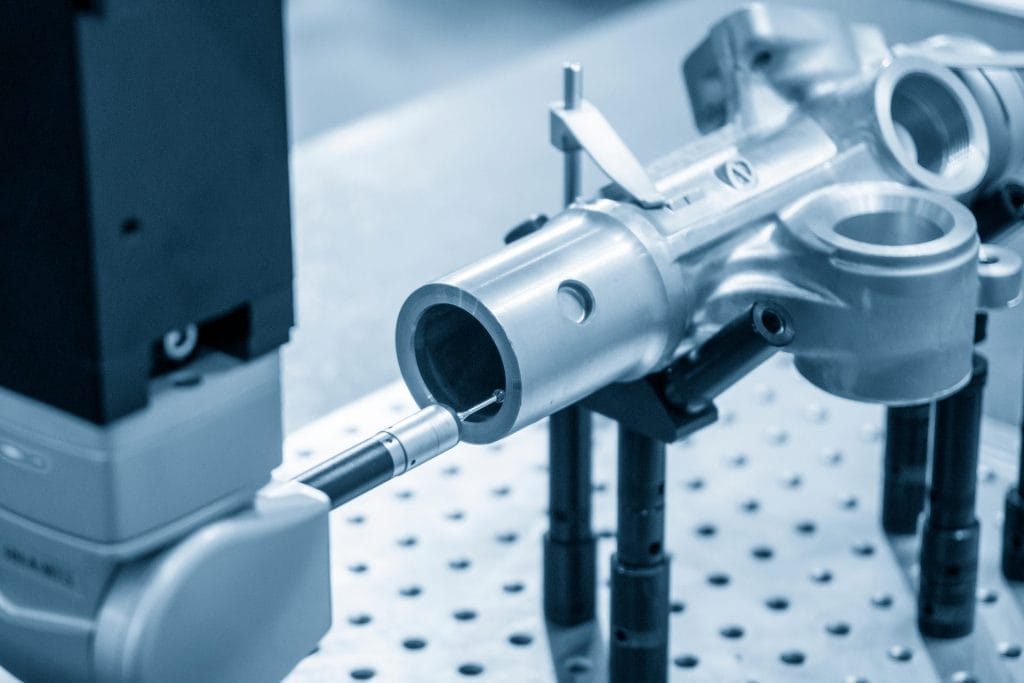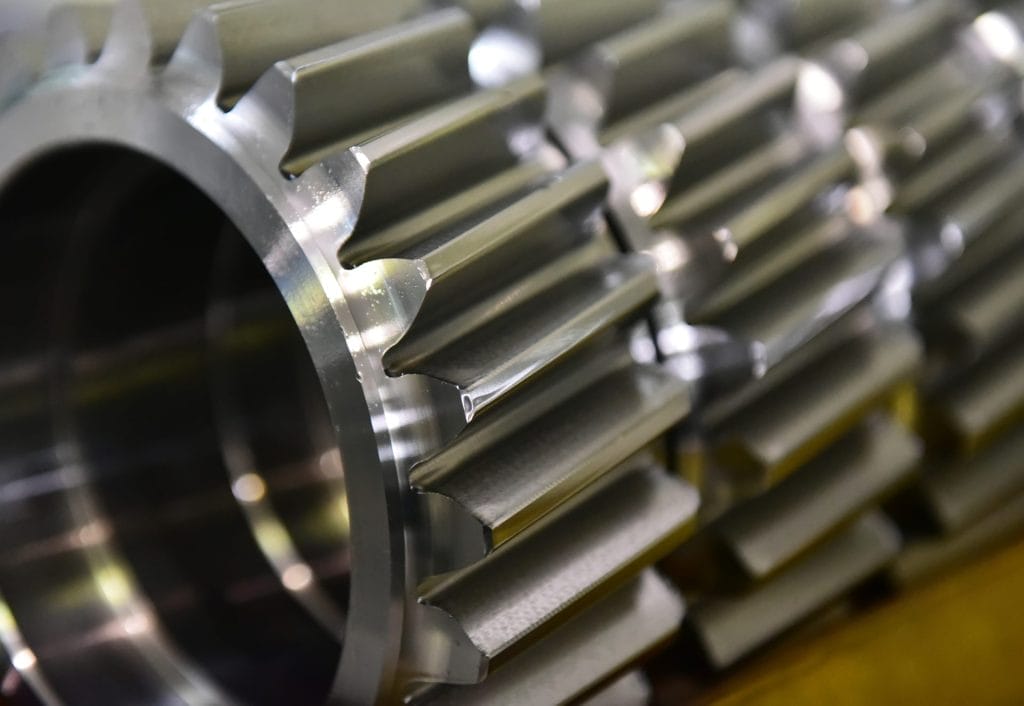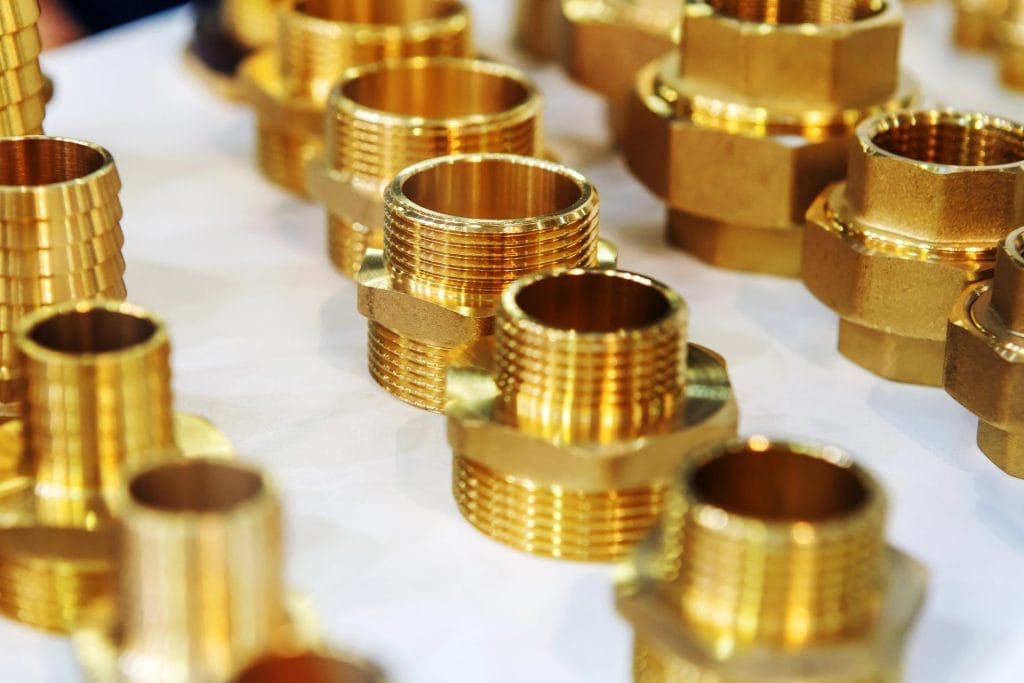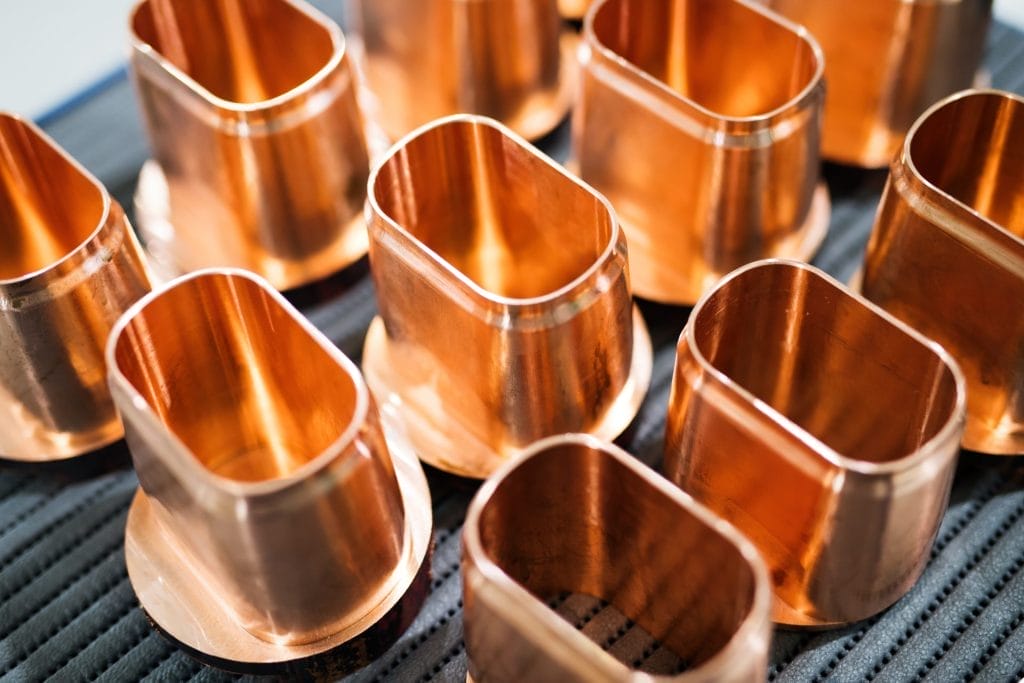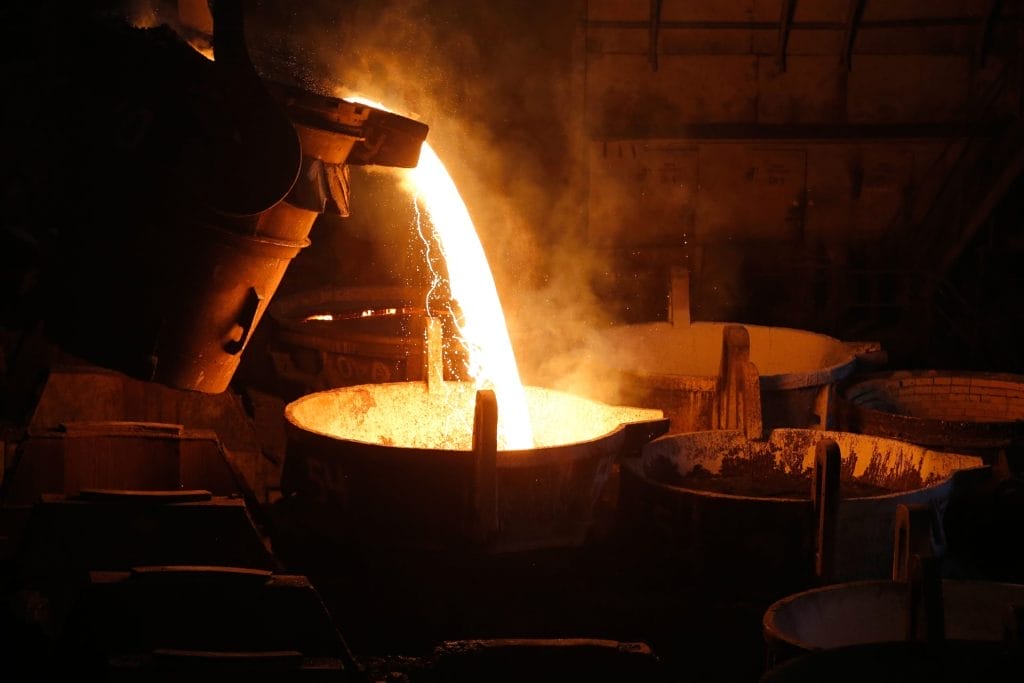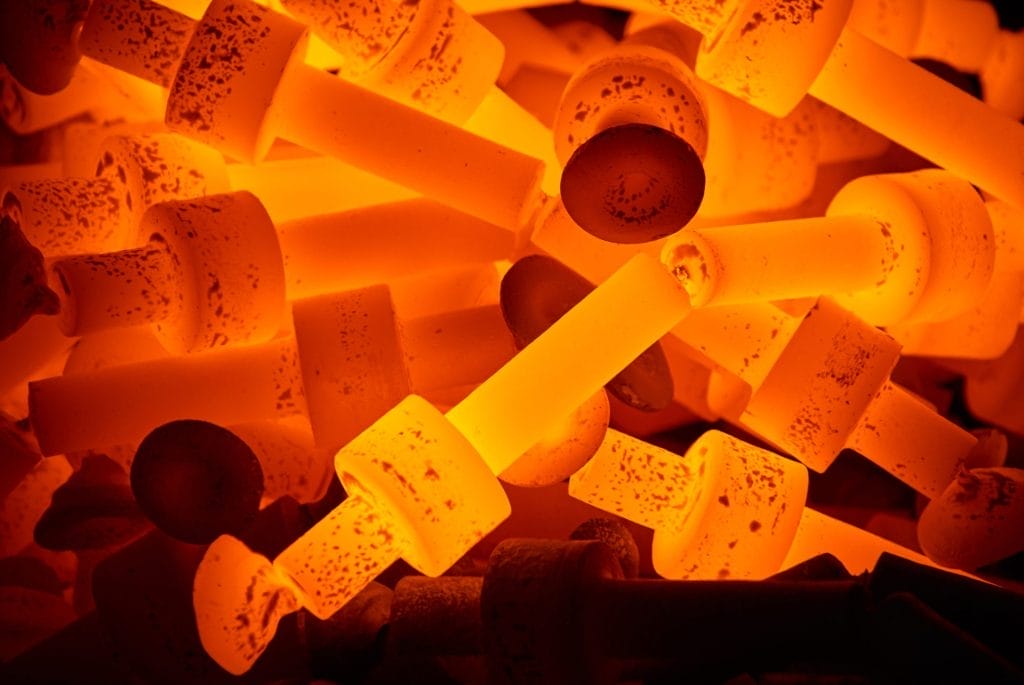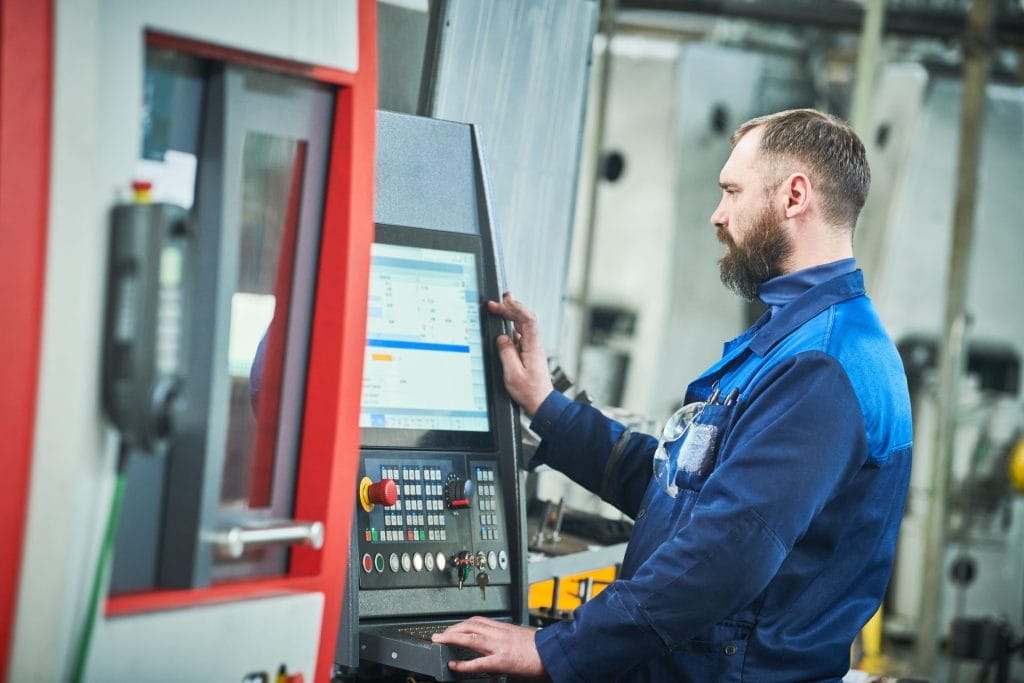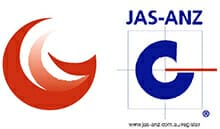The art of metal forging has been refined over centuries, evolving into a sophisticated process that transforms various metals into strong, durable components. Among the many metals available, some stand out for their exceptional properties and suitability for forging.
Today we delve into the properties of commonly forged metals, their unique advantages, and their industry applications to help you choose the right metal for your project.
Carbon steel
Carbon steel is renowned for its strength and versatility. It’s an alloy primarily made of iron and carbon, with the carbon content varying to alter its characteristics. Lower carbon steels are more ductile and malleable, while higher carbon steels are harder and more wear-resistant.
This metal responds exceptionally well to the forging process, which enhances its mechanical properties by refining its grain structure, thus making it tougher and more durable.
Carbon steel is widely used in the automotive, construction, and heavy machinery industries due to its high strength-to-weight ratio and robustness. It’s ideal for parts that must withstand significant stress, like gears, shafts, and structural components.
Stainless steel
Stainless steel is an alloy composed primarily of iron, carbon, and chromium – the latter being key to its corrosion resistance. Other elements like nickel and molybdenum are also added to impart additional properties.
Forging stainless steel improves its structural integrity and strength, making it more suitable for applications where both durability and appearance are crucial.
Its resistance to corrosion and staining makes stainless steel ideal for medical devices, food processing equipment, and marine applications. It’s also used in architectural structures for its aesthetic appeal.
Aluminium
Aluminium is lightweight yet strong, with a high strength-to-weight ratio. It’s also highly malleable and conducts heat and electricity well.
Forging enhances aluminium’s natural corrosion resistance and mechanical properties. The process also allows for the creation of complex, lightweight parts that are both strong and durable.
Its low density makes it a favourite in the aerospace and automotive industries, where reducing weight is essential for efficiency. It’s also used in consumer electronics and packaging.
Titanium
Titanium is known for its exceptional strength, low density, and high corrosion resistance. It’s as strong as steel but about 40% lighter, and it’s resistant to corrosion from seawater and chlorine.
Forging titanium further improves its strength and fatigue resistance. Despite its high melting point, modern forging techniques have made it possible to forge titanium for highly specialised applications.
This metal finds extensive use in aerospace, military, and medical industries. It’s ideal for aircraft components, surgical implants, and sports equipment.
Brass
Brass is an alloy primarily made of copper and zinc. The proportions of these metals can be altered to yield varying properties. In general, brass is known for its malleability, acoustic properties, and corrosion resistance. It also possesses a distinctive gold-like appearance.
Forging brass enhances its strength and durability while maintaining its natural lustre. The process allows for the creation of complex shapes, making it suitable for ornate designs and precision components in both functional and decorative contexts.
This metal is extensively used in musical instruments, decorative items, and fittings due to its acoustic properties and aesthetic appeal. It’s also a popular choice for plumbing and electrical applications, thanks to its corrosion resistance and ductility.
Copper
Copper is a soft, ductile metal with excellent thermal and electrical conductivity. It’s also naturally antimicrobial and resists corrosion, making it a long-lasting material.
The forging of copper not only improves its mechanical strength but also enhances its fatigue resistance. This process is crucial for parts that are subject to repeated stress, such as electrical connectors and plumbing fittings, ensuring longevity and reliability.
Due to its superior conductivity, copper is ubiquitous in electrical wiring and components. It’s also used in plumbing, roofing, and medical equipment for its antimicrobial properties and malleability.
Selecting the right metal for your project
Choosing the appropriate metal for a forging project is a critical decision that significantly impacts the performance, durability, and cost-effectiveness of the final product. Here’s a guide to help you select the most suitable metal for your project.
Assessing the application requirements
If your project demands high strength and durability, such as in automotive or construction applications, consider metals like carbon steel or titanium. Carbon steel offers robustness and is cost-effective for a wide range of applications, while titanium provides unparalleled strength-to-weight ratios, ideal for aerospace and high-performance applications.
For applications where weight is a critical factor, such as in aerospace or transportation, lightweight metals like aluminium or titanium are preferable. Aluminium provides a good balance of lightness and strength, making it ideal for reducing weight without compromising durability.
In environments exposed to corrosive substances or in applications like marine hardware or chemical processing equipment, corrosion resistance is paramount. Stainless steel and brass are excellent choices in these scenarios, offering superior resistance to rust and corrosion.
Understanding metal properties and suitability
When selecting a metal for your forging project, understanding each metal’s properties and suitability is crucial. Carbon steel, known for its versatility and cost-effectiveness, is ideal for general-purpose applications where strength and durability are key. Stainless steel, on the other hand, stands out for its combination of strength, durability, and exceptional corrosion resistance.
Aluminium, valued for its lightweight yet strong characteristics, is particularly suitable for applications where reducing weight is crucial. Titanium, though more expensive, offers an unparalleled strength-to-weight ratio and excellent corrosion resistance, making it optimal for high-stress applications.
Brass, with its aesthetic appeal and decent corrosion resistance, is often chosen for decorative purposes or in applications requiring acoustic properties. Lastly, copper is famed for its outstanding electrical conductivity and is the go-to choice for electrical components. Its antimicrobial properties further lend it to applications in healthcare and plumbing.
Cost considerations
The cost of materials and the forging process should be weighed against the project budget and the long-term value the components will provide. While some metals like titanium and stainless steel might have a higher initial cost, their durability and performance can offer better long-term value in certain applications.
Factors such as availability and ease of forging also impact the cost. Commonly available metals like carbon steel may reduce overall costs due to easier sourcing and processing.
Custom solutions at Greg Sewell Forgings
At Greg Sewell Forgings, we specialise in custom forging with a commitment to excellence and innovation. Leveraging advanced technologies and extensive expertise, we tailor our forging processes to meet the unique needs of diverse industries.
We hold the globally recognized AS/NZS ISO 9001:2008 Quality Certification and our manufacturing capability can cater to all your needs. For example, we can forge all of the metals mentioned in this article using different methods like closed-die forging and upset forging.
Our team is dedicated to delivering not just superior forged products, but also expert advice to help our clients find the best solution for their projects. Get in touch today for help selecting the best metal and forging method for your project.




